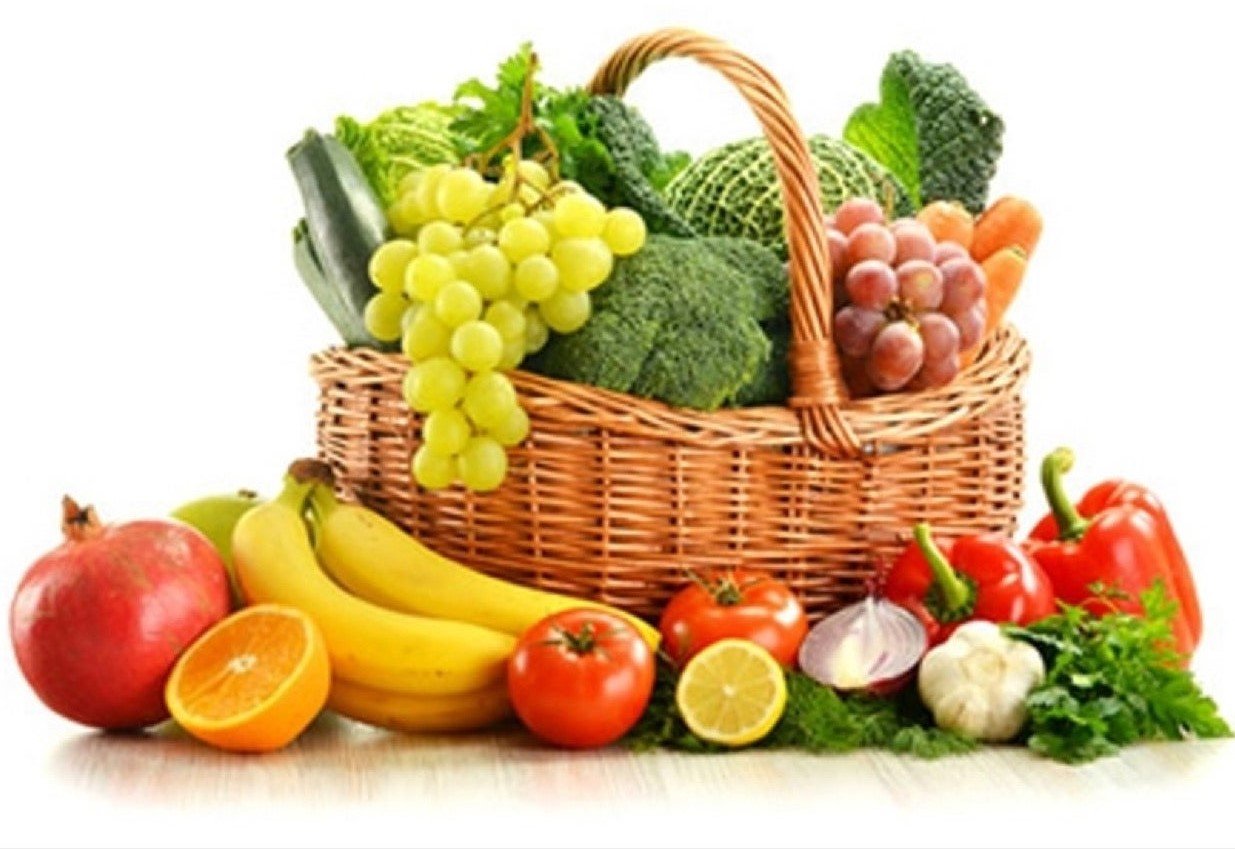Inside BENEO’s new pulse plant: pioneering sustainable protein from faba beans
It has already incurred tangible savings of Rs. 45 lakhs across its facilities, in addition to the substantial benefits to the environment
Bigbasket is undertaking several environment-friendly initiatives both in its supply chain as well as the warehouses. The company’s scale and push for sustainable and renewable energy has resulted in tangible savings and positive contribution towards the environment. Apart from powering many of its units with solar energy, bigbasket has also moved to using recycled paper for printing of invoices.
bigbasket first integrated solar power generation into its operations in 2016 and currently uses it in 7 of its distribution centres namely Bangalore, Gurugram, Chennai, Telangana, and Andhra Pradesh. The company has witnessed a marked reduction in its carbon footprint through this. It also makes use of electric vehicles for its delivery logistics in places like Delhi/NCR. In addition, the ability to make invoices from recycled paper will be expanded to all its delivery locations across India.
Speaking about this, Cdr (Retd.) V.S. Ramesh, Co-founder and Chief Projects Officer, bigbasket, said, “At bigbasket, the processes are always directed at curbing the carbon footprint and reducing any negative impact on the environment to the extent possible. We are in the process of transitioning to a zero-plastic use. All our grocery products are shipped in re-usable and sturdy plastic crates which have a shelf life of more than 2 years. Once a crate’s lifespan is over, it gets recycled. Our environment-friendly initiatives are not only limited to green packaging practices but also focus strongly on reducing power consumption to bring down the carbon footprint.”
Adding to this, Brahmaprakash Lakshmipati, Head of Projects, New Facilities, bigbasket, said, “Some other measures include undertaking rainwater harvesting. The rainwater is collected in sumps with a capacity of about 20,000 to 25,000 litres and this water is used for washrooms, cafeteria, cleaning, etc. Solar power is another important aspect of our environment-friendly initiatives. We have already completed the installation of 1.6 MW capacity of rooftop solar and others are in different stages of completion. At the Bangalore facility, the per-unit cost of power has come down to INR 4.5.”
bigbasket has also fully transitioned to a ‘no plastic’ policy for packing fruits and vegetables and they are now delivered in paper and corrugated cardboard boxes which can be recycled. The company only packs chilled vegetables and leafy ones in biodegradable bags and urges its customers to return the cardboard boxes for reusing.
bigbasket’s operations have expanded to 26 cities in India recording about 1 lakh customer orders per day and it serves a registered customer base of 12 million. With the recent funding, bigbasket became the latest entrant to India’s unicorn club. In April, the Mirae Asset- Naver Asia Growth Fund (“Mirae-Naver”), CDC Group, and Alibaba Group led a $150 million round of fund raising for Supermarket Grocery Supplies Pvt Ltd, owner of the bigbasket brand. bigbasket aims to double its revenue to INR 6,300 crore in FY20.

